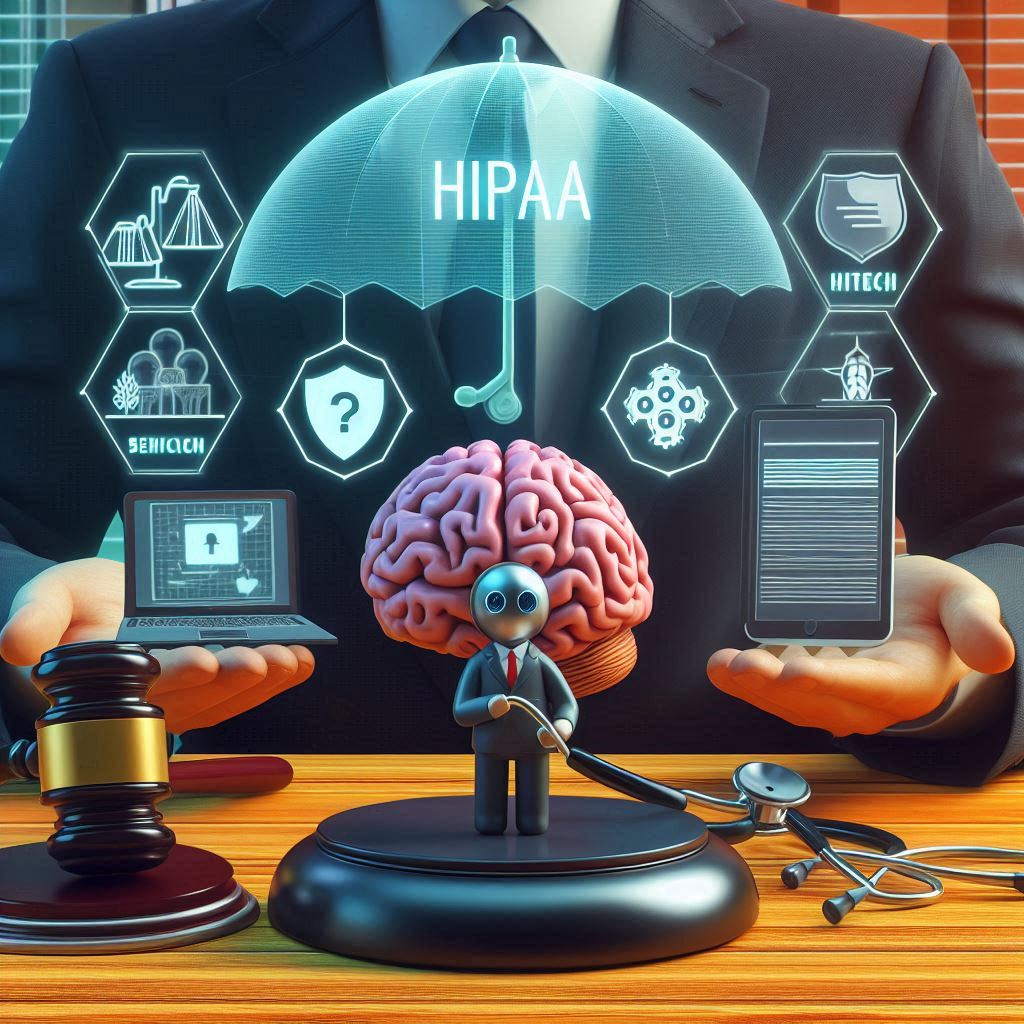-

Mastering ICD-10-CM Coding in 2025: A Strategic Guide to Psychiatric Reimbursement, Compliance, and Clinical Accuracy
In the evolving landscape of behavioral health care, accurate coding remains the cornerstone of effective reimbursement, regulatory compliance, and clinical transparency. The International Classification of Diseases, 10th Revision, Clinical Modification (ICD-10-CM), serves as the standard diagnostic tool in the U.S. healthcare system, facilitating the translation of mental health diagnoses into billable data. With 2025 bringing…
-
Audit-Proofing Your Revenue Cycle in Psychiatric Practice: A Comprehensive Guide
Audit-proofing the revenue cycle in psychiatric practice is no longer a luxury—it is a necessity. With increased payer scrutiny, evolving compliance regulations, and the rise of value-based care models, mental health providers are more vulnerable than ever to external audits. Whether initiated by the Centers for Medicare & Medicaid Services (CMS), private insurers, or internal…
-

Ensuring Compliance in Behavioral Health: Mastering HIPAA, HITECH, and 42 CFR Part 2 in 2025
Behavioral health—which includes mental health and substance use disorder (SUD) treatment—operates at a crucial intersection of sensitive personal information and healthcare regulation. In the U.S., providers must navigate a complex web of laws, most notably HIPAA, the HITECH Act, evolving regulations around SUD (42 CFR Part 2), and billing compliance rules. Noncompliance risks financial penalties,…
-

Mental Health Parity Laws and Their Impact on Revenue Cycle Management: A Comprehensive Analysis
Mental health has long been a critical and often underfunded segment of the overall healthcare system. Over the past few decades, however, legislative initiatives and judicial mandates aimed at ensuring equal treatment of mental health services and physical health services have reshaped the landscape considerably. The implementation of mental health parity laws represents a seismic…
-

The Future of Automated Claims Processing in Psychiatry
In the evolving landscape of healthcare, psychiatry stands at a unique intersection of science, compassion, and complexity. Mental health professionals are grappling with rising demand, intricate documentation requirements, and the need for better financial sustainability. Amidst these challenges, one area that is ripe for transformation is claims processing. Traditionally tedious and error-prone, this function is…
-

The ICD-10-CM Codes That Most Impact PsychCare Reimbursement in 2025
Introduction As the demand for behavioral health services continues to rise, so too does the complexity of billing and reimbursement. Central to this process is the correct use of ICD-10-CM codes, which form the basis for communicating a patient’s psychiatric condition to payers. In 2025, the importance of these codes has grown even further, with…
-

Audit-Proofing Your Revenue Cycle in Psychiatric Practice
Introduction For psychiatric practices, the revenue cycle is the financial backbone that sustains patient care, staff salaries, operational stability, and long-term growth. However, as reimbursement models become more complex and payers—both public and private—increase their scrutiny, psychiatric providers face rising risks of external audits that can disrupt operations, trigger financial losses, and expose compliance vulnerabilities.…
-

HIPAA, HITECH, and Billing Compliance in Behavioral Health
Introduction Behavioral health providers operate in a uniquely sensitive corner of the healthcare industry, dealing with some of the most confidential and stigmatized conditions. Because of this, compliance with privacy, security, and billing regulations isn’t just a legal requirement—it is a moral and clinical imperative. With rising public awareness of data privacy, digital health expansion,…
-

Mental Health Parity Laws and Their Impact on RCM
Introduction The passage of mental health parity laws represents one of the most significant policy shifts in American healthcare over the past decade. These laws aim to ensure that insurers provide equitable coverage for mental health and substance use disorder (MH/SUD) services—on par with physical health benefits. While the intent of parity legislation is to…
-

Navigating Medicare and Medicaid Reimbursement for PsychCare Services
Introduction Mental health care delivery in the United States is undergoing a significant transformation. With the growing recognition of mental health as a public health priority, access to psychiatric care has become more critical than ever. However, providing mental health services to Medicare and Medicaid beneficiaries is uniquely challenging due to the complex and often…

Monday – Saturday 9AM – 5PM
Sunday – CLOSED





